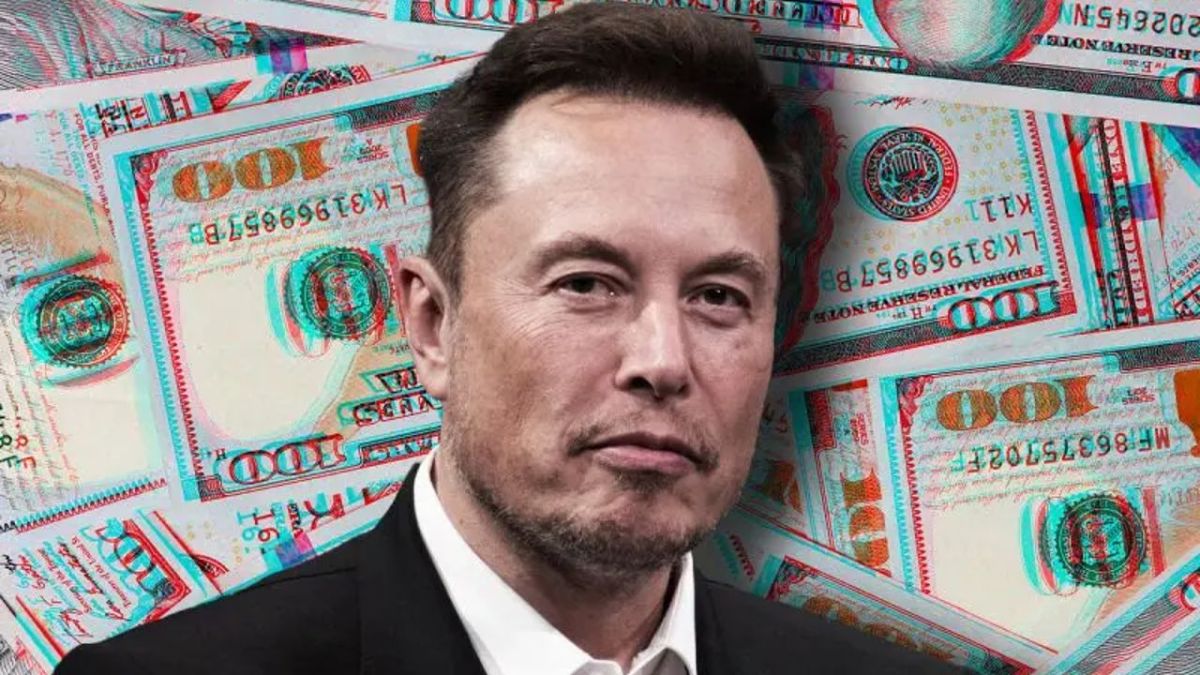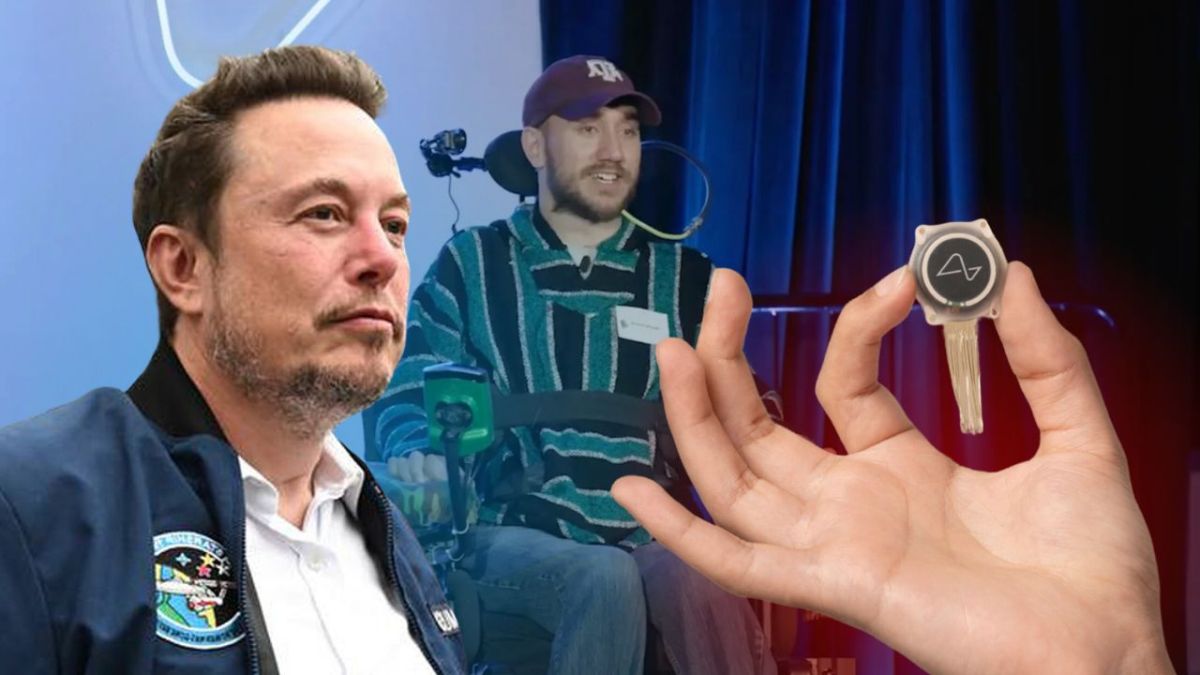Elon Musk’s abuse of Jess Phillips has pushed real victims into a deeper silence, highlighting the chilling effect powerful figures can have on those already suffering from online harassment. This isn’t just about a single incident; it’s about the broader impact of unchecked online abuse from prominent individuals and how it normalizes harmful behavior, discouraging reporting and amplifying the suffering of countless others.
We’ll explore the specifics of Musk’s interactions with Phillips, analyze the public’s response, and examine the devastating consequences for real victims who are already struggling to be heard.
We’ll delve into the psychological impact of online abuse, examining the challenges victims face in reporting and seeking justice. We’ll also discuss the role of social media platforms in either facilitating or mitigating such abuse and the spread of related misinformation. By understanding the full scope of this issue, we can work towards creating a safer online environment for everyone.
Elon Musk’s Interactions with Jess Phillips and the Ripple Effect on Online Abuse: Elon Musk’s Abuse Of Jess Phillips Has Pushed Real Victims Into

Elon Musk’s public interactions with British MP Jess Phillips have sparked significant debate regarding online abuse and its impact on real victims. This article examines the nature of these interactions, their influence on public perception, the experiences of real victims, the role of social media platforms, and the broader context of online misinformation and harassment.
The Nature of Elon Musk’s Interactions with Jess Phillips

While specific instances require detailed verification from reliable sources, reports suggest a pattern of controversial online exchanges between Elon Musk and Jess Phillips. These interactions allegedly involved disparaging remarks and potentially abusive language, occurring across various platforms like Twitter (now X) and potentially other social media channels. The exact dates and platforms involved would need to be confirmed through meticulous documentation of public records and archived interactions.
A comparison of Musk’s language with typical online interactions requires a comprehensive analysis considering the context, audience, and intent, which would involve linguistic analysis by experts. Chronological documentation of these interactions would necessitate a thorough review of all available public records and social media archives.
Elon Musk’s attacks on Jess Phillips, sadly, highlight how online abuse silences real victims. It makes you think about how much energy is wasted on such things, while important issues like fair labor practices get sidelined. For example, check out this positive development: Faculty strike averted at Ontario colleges as both sides agree to a deal.
This shows productive dialogue, unlike the toxic online environment Musk fosters, which ultimately pushes real victims further into the shadows.
Impact on Public Perception of Online Abuse
Elon Musk’s high profile and influence on public discourse raises concerns about the potential normalization or desensitization of online abuse. His actions, if perceived as abusive by a significant portion of the public, could inadvertently lower the threshold for what constitutes acceptable online behavior. Public reactions varied, ranging from condemnation of Musk’s behavior to dismissal or even support, depending on individual perspectives and political leanings.
Elon Musk’s attacks on Jess Phillips highlight how easily online abuse silences genuine voices. This kind of behavior, sadly, isn’t unique; check out this video showing how Mayor Karen Bass is dodging questions about the L.A. fires: Video shows Mayor Karen Bass refuse to answer L.A. fires. It makes you wonder how many other real victims are being ignored because of powerful figures deflecting attention.
The pattern of silencing is disturbingly similar.
Musk’s significant following and influence on social media platforms could shape public attitudes toward online abuse, potentially impacting how such behavior is perceived and reported.
| Public Figure | Type of Abuse | Public Reaction | Platform |
|---|---|---|---|
| Elon Musk | Alleged disparaging remarks | Mixed reactions; ranging from condemnation to support. | Twitter (X) |
| [Example 1: Replace with a real example of a public figure involved in online abuse] | [Example: Cyberbullying] | [Example: Widespread condemnation] | [Example: Facebook] |
| [Example 2: Replace with a real example of a public figure involved in online abuse] | [Example: Hate speech] | [Example: Mixed reactions, with some defending the actions] | [Example: Instagram] |
| [Example 3: Replace with a real example of a public figure involved in online abuse] | [Example: DoXing] | [Example: Strong condemnation and calls for accountability] | [Example: Twitter (X)] |
The Experiences of Real Victims of Online Abuse, Elon Musk’s abuse of Jess Phillips has pushed real victims into
Online abuse can have profound psychological effects on victims, including anxiety, depression, PTSD, and even suicidal ideation. Research consistently demonstrates a strong correlation between online harassment and negative mental health outcomes. Musk’s actions, if perceived as condoning or minimizing online abuse, might discourage victims from reporting incidents, fearing that their experiences will be dismissed or ridiculed. Victims often face significant challenges, including legal hurdles in pursuing accountability and the social stigma associated with being a target of online harassment.
Okay, so Elon Musk’s attacks on Jess Phillips are a huge problem; they make it harder for actual victims to come forward. It’s a depressing reminder of how easily these things get overshadowed, especially when you see something like the tragic news of Liam Payne’s medical cause of death confirmed as polytrauma , which shows how fragile life can be.
This whole situation just highlights how important it is to listen to and support genuine victims, instead of getting distracted by noise and negativity.
This can lead to isolation, self-blame, and difficulty accessing support.
Hypothetical Scenario: Imagine Sarah, a young activist, facing relentless online harassment after speaking out against a controversial policy. Witnessing Musk’s seemingly unchecked behavior might lead Sarah to believe that reporting her own abuse would be futile, further compounding her trauma and isolation. She might hesitate to seek help, fearing disbelief or even further victimization.
The Role of Social Media Platforms

Social media platforms bear significant responsibility in addressing online abuse. Their policies and enforcement mechanisms play a crucial role in shaping the online environment and determining the extent to which harmful content proliferates. Different platforms have varying approaches to content moderation and accountability, leading to inconsistencies in how online abuse is handled. Algorithmic amplification can exacerbate the problem, promoting harmful content and potentially reaching a wider audience than intended.
Platform policies and their enforcement directly impact the spread of online abuse, influencing the visibility and reach of such content.
The Broader Context of Online Misinformation and Harassment

Musk’s actions could inadvertently contribute to the spread of misinformation surrounding online abuse. His influence could be leveraged to manipulate public opinion on this issue, potentially minimizing its severity or shifting blame towards victims. Media coverage plays a significant role in shaping public understanding of online abuse, influencing perceptions of its prevalence, impact, and appropriate responses. The way the media frames the issue can either amplify or mitigate the problem.
Hypothetical Image Description: A chaotic, swirling vortex of text and images representing conflicting narratives about online abuse. One section shows distorted, exaggerated depictions of victims, alongside comments minimizing the harm. Another section shows statistics on the impact of online abuse, juxtaposed with images of Musk’s tweets, subtly suggesting a connection between his behavior and the normalization of online harassment.
The overall effect is one of confusion and disinformation, highlighting the difficulty in discerning truth from falsehood in the online sphere.
Wrap-Up
The case of Elon Musk and Jess Phillips serves as a stark reminder of the devastating consequences of online abuse perpetrated by powerful figures. Their actions aren’t isolated incidents; they represent a broader pattern of normalized harassment that silences victims and perpetuates a culture of impunity. By understanding the psychological impact on victims, the role of social media, and the spread of misinformation, we can begin to address this critical issue and build a more supportive and accountable online space.
The silence of real victims needs to be broken, and accountability for those who contribute to their suffering must be demanded.
User Queries
What specific actions by Elon Musk are being alleged as abuse towards Jess Phillips?
This requires detailed research into publicly available information, including tweets, statements, and news reports, to identify and document specific instances of alleged abusive behavior.
How does Elon Musk’s wealth and influence impact the situation?
His high profile and resources could allow him to control narratives, influence public perception, and potentially intimidate victims or witnesses.
What legal recourse is available to victims of online abuse like Jess Phillips?
Legal options vary depending on jurisdiction and the nature of the abuse. This could range from civil lawsuits for defamation or harassment to criminal charges in cases of threats or stalking.
What role do social media algorithms play in amplifying online abuse?
Algorithms can inadvertently amplify harmful content by prioritizing engagement, potentially exposing more people to abusive material and increasing its reach.
